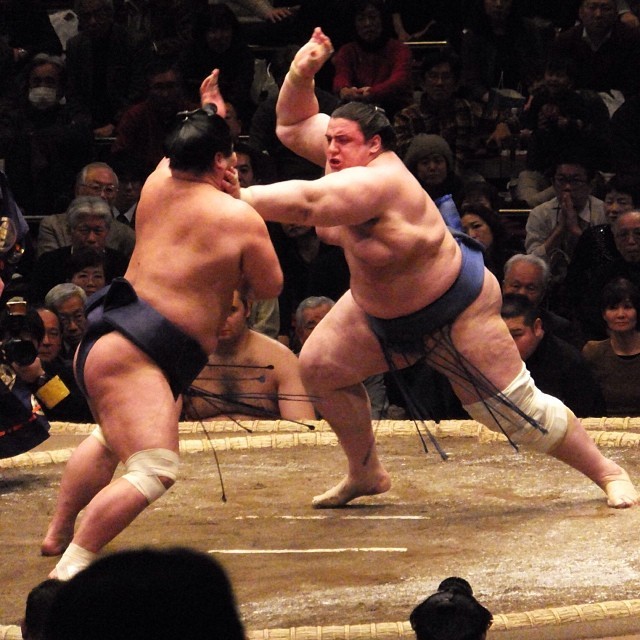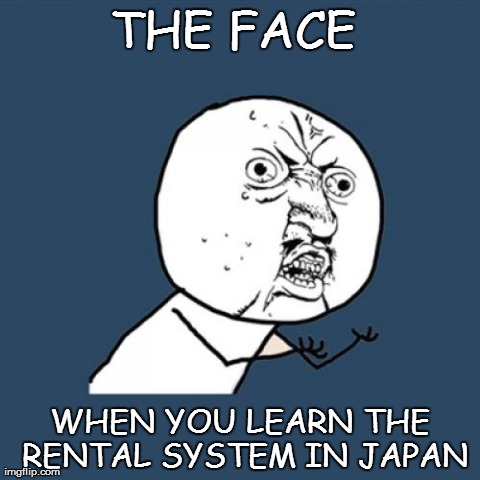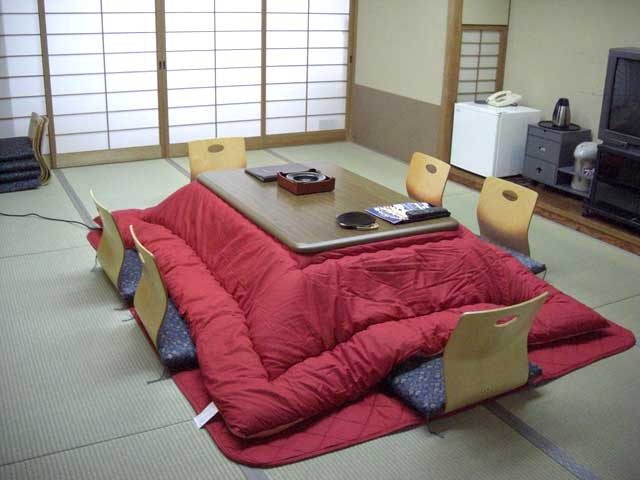It's almost summer! I'm soooo happy!
Except for the suffocating humidity, I love summers in Japan. First, I have a month-long vacation. (Actually, it's not really that long. I just feel like it's that long.) Second, my friends are also on vacation. Last, there are a lot of traditional things going on it's easy to fill my calendar. Because with these summer events, I've realized that about this time last year my entries have become far and between. I didn't find the time to write.
To make sure I'll write my summer experiences this year, I'll publish my list of activities. (This blog forces me to do things, I think.) Who knows, someone out there might want to join me this year. This list might also give you an idea of things to do this summer.
This summer, I will...
1. See the Lantern and Fireworks Festival in Kanzanji
 |
Kanzanji Lantern and Fireworks Festival
photo credit: http://shizajet.wordpress.com/2011/07/12/shizuoka-hanabi-2011/ |
I saw a beautiful picture of my friends in this festival last year. The sight of a thousand lanterns was lovely. I was envious so I'll go this year. This would be on the last Sunday of July.
Lantern festivals are common in Japan during the summer. They coincide with the Obon season. Obon is a time when the dead spirits visit their families, according to Japanese belief. The lanterns are supposed to guide these spirits to their homes.There's also traditional dancing to entertain the dead. I leaned from an old Japanese man that they have to please the dead spirits so bad things won't befall on them. Interesting, I think.
If lanterns are not your thing, summer is the time for Hanabi or Fireworks Festival. Starting this month, there'll be fireworks festivals all over Japan almost every weekend. This would last until the last week of August. In Hamamatsu, the Bentenjima Fireworks Festival draws large crowds every year. Japan Guide has a
schedule on the major fireworks festivals in Japan.
2. Watch a Sumo Competition
 |
| PHOTO CREDIT: http://blog.instagram.com/post/73775162513/ryogoku-kokugikan-2014 |
Japan's the only country that has a sumo tournament so might as well see it while I'm here. I've been planning to watch since last year but nobody wanted to go with me. The ticket prices are also expensive. Then I learned that one of my friends wanted to celebrate her 32nd birthday watching a sumo competition. Sumo tournaments happen every other month starting in January. However, they take place in different cities. My friend's lucky cause the Nagoya tournament happens in her birth month. It'll start in July 13 and ends in July 27. She's leaving Japan in August and this would be our last time together. This is a good reason to forget "EXPENSIVE" and just savor the remaining time with a good friend.
3. Go camping!
I enjoyed camping last year at
Akiha so I'll do it again this year. It would be better if I can find a different camping ground. There's a campsite I've been wanting to visit- The
Tatsuyama Campsite in the mountains but I need a car to get there. How will I have a ride is something I still have to figure out. <cross fingers>
Japan's a safe country to go camping as long as what you do is within the bounds of common sense. It's easy to find camping sites even for the whole family. To find camping sites in your area, visit your local tourism office. In Hamamatsu, the Bentenjima camping grounds by Lake Hamana is accessible by JR Train.
4. Have a barbecue party by the river
 |
| The Keta River in Haruno |
A friend invited me to join a BBQ party in August. It'll be in one of the rivers in Hamamatsu. I attended a few BBQ parties last summer and all of them are by the river. I guess, this is a popular summer activity in Japan. The river provides a cooling effect during the hot day. Fishing, sort-of-swimming and some feet dangling are usually allowed in most small rivers.
5. Assist in a Youth Camp
Summer is also the time for youth camps. My church will have one in the second week of August. I've had summers in my youth spent in Christian camps. This time, I won't be a camper anymore ( which means I'm getting older) but one of team leaders. I don't know any details yet except for the dates.
In Japan, language schools also offer English camps to young people. Some ALT's earn extra by helping out in these camps. I've helped in an English camp once but it was in winter. Most activities are indoors but I still enjoyed helping out. I bet summer camps will be more fun with more outdoor exercises. Check
Gaijinpot for a summer camp position.
6. Climb Mt. Fuji!
 |
| Mt. Fuji from the train |
The only thing I look forward in climbing Mt. Fuji is reaching the top. The only reason why I'm doing this is for the sake of saying I've done it! (Yeah, it's pride talking.) I think most people scale Mt. Fuji for this reason, too. Who would happily subject themselves to this exhausting venture? Most people I know who climbed it once are happy to have done it but they wouldn't be forced to go again. Good thing that I've three more friends who haven't climbed it yet so I'll have company. One of my friends will be flying all the way from Hokkaido to climb it with us.
Climbing Mt. Fuji is a popular summer activity in Japan. The Shizuoka tourism office is expecting more than a hundred thousand climbers this year especially on the Obon week- the second week of August. There are tour operators if you want to climb with a group. You can also gather a group of friends who don't mind some adventure this summer.
For more information on climbing Mt. Fuji, click
here, here and
here.
7. Cycle the outskirts of Hamamatsu
Cycling has become my favorite summer activity since I discovered how lovely summer nights are around my neighborhood. For the past two weeks, I've been cycling almost every night. This gave me an idea to spend 3 or 4 days cycling around the outskirts of Hamamatsu. (Actually, I've originally planned to cycle around Shizuoka prefecture but I think that's too ambitious!) Though I've been in Hamamatsu for almost two years, I still haven't seen a lot of places because of transportation issues. I should have thought of cycling sooner.
Safe roads for cycling is one of the best things about Japan. Anyone can do it in whatever part of Japan. I know a couple who cycled around Shikoku for a few days. They said it was lots of fun until the guy toppled over his bicycle. It wasn't anyone's fault but him. Be careful is what I'm saying.
I'll end this list here. I think it's more than enough to fill my summer vacation. If I add more, I might not have the time again to write.
Happy summer!
.JPG)































